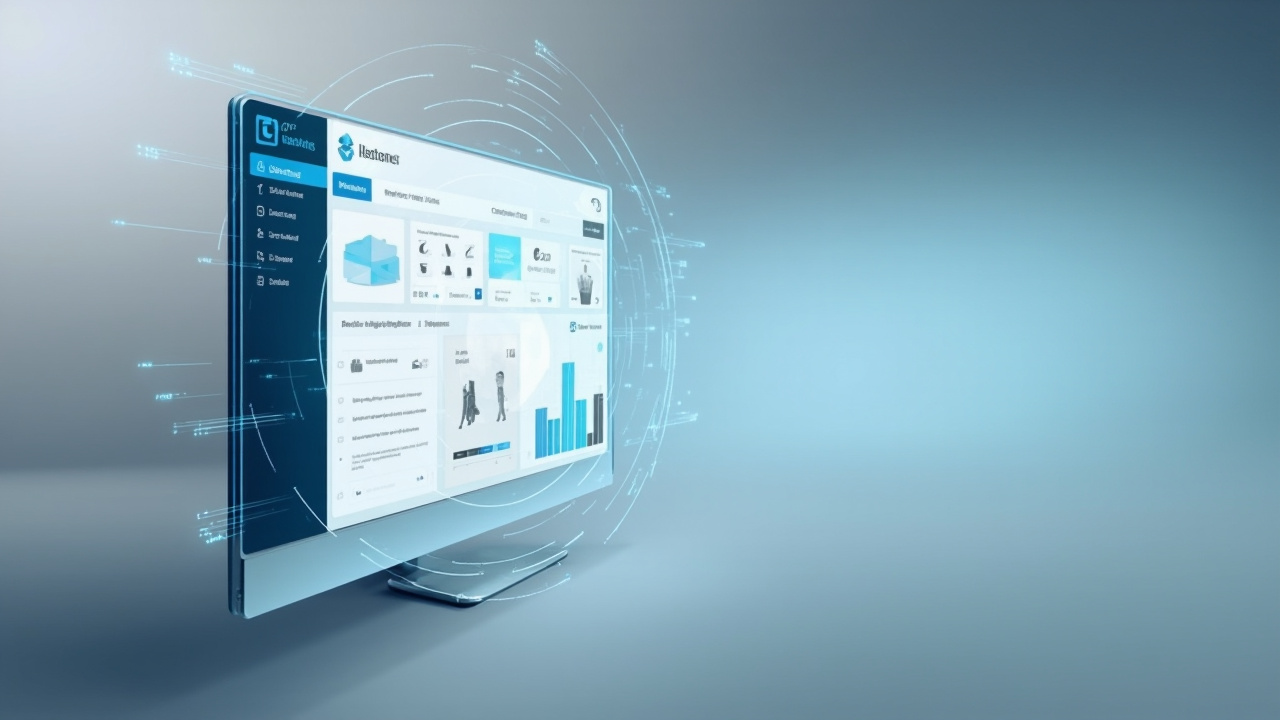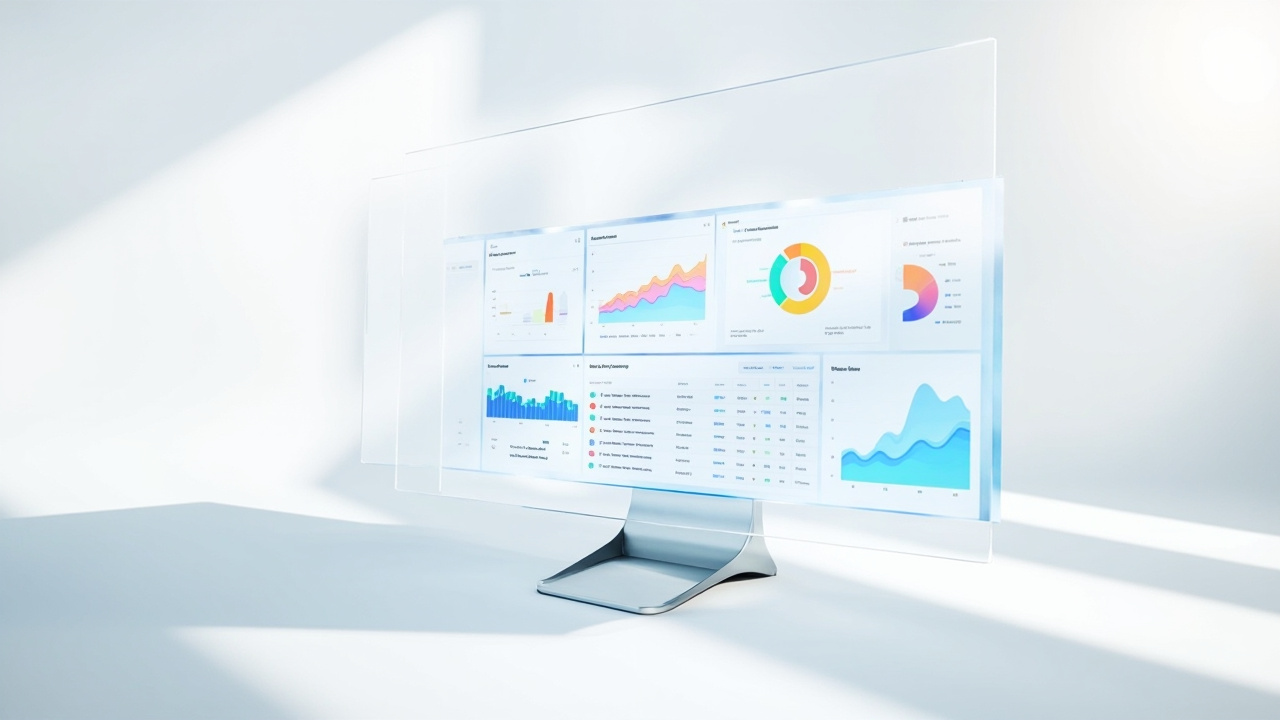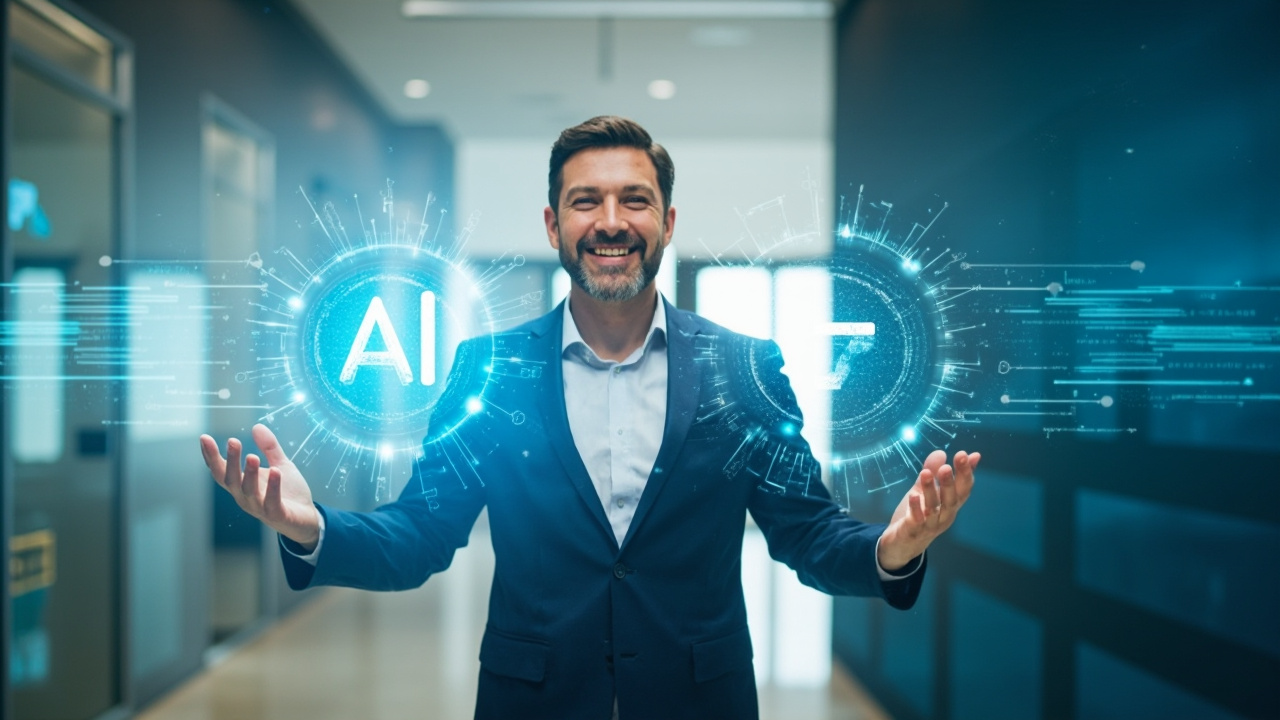Digital marketing has long been a field defined by rapid change and innovation. But nothing has stirred up the landscape quite like the advent of Artificial Intelligence (AI). As AI technologies continue to evolve, they bring with them the potential to revolutionize how brands interact with customers, personalize experiences, and optimize marketing strategies. Yet, with this potential comes a myriad of questions and challenges that marketers must navigate.
In today’s fast-paced world, consumers demand personalized experiences that resonate with their individual preferences and needs. Traditional marketing strategies often fall short of delivering such tailored experiences at scale. This is where AI steps in, offering tools and technologies that can analyze vast amounts of data, predict customer behavior, and automate personalized marketing efforts. For businesses looking to stay competitive, understanding and leveraging AI could be the key to unlocking unprecedented marketing success.
In this comprehensive exploration, we will unravel the impact of AI on digital marketing, delving into how it’s transforming everything from customer insights to content creation. We will examine both the opportunities and the challenges, providing a roadmap for marketers aiming to harness AI’s full potential. By the end of this article, you’ll have a clearer understanding of how AI can drive your marketing strategy forward and why it is becoming an indispensable tool in the digital marketer’s arsenal.
The AI Revolution in Digital Marketing

The integration of AI in digital marketing is more than just a passing trend; it’s a fundamental shift that is reshaping the industry. But what exactly does this revolution entail?
Defining AI in the Marketing Context
At its core, AI refers to the simulation of human intelligence in machines that are programmed to think and learn. In the marketing realm, AI encompasses a range of technologies including machine learning, natural language processing, and predictive analytics. These technologies enable marketers to gain deeper insights into consumer behavior, automate repetitive tasks, and improve the overall efficiency of marketing campaigns.
“AI is not just another tool in the marketer’s toolkit; it’s the engine that will drive the future of customer engagement and personalization.”
The Shift from Traditional to AI-Driven Marketing
Traditionally, marketing relied heavily on intuition and manual data analysis. Marketers would segment audiences based on broad demographics and deploy campaigns hoping for the best possible outcome. AI, however, changes the game by allowing for data-driven decision-making that is both precise and scalable. With AI, marketers can analyze customer interactions in real-time, gaining insights into their preferences and tailoring experiences accordingly.
The Benefits of AI in Marketing
AI offers numerous benefits that can enhance marketing efforts significantly
- Personalization: AI enables hyper-personalized marketing at scale, ensuring that the right message reaches the right person at the right time.
- Efficiency: By automating routine tasks such as data analysis and customer segmentation, AI allows marketers to focus on strategy and creativity.
- Enhanced Customer Insights: AI can process vast amounts of data to uncover patterns and trends that would be impossible for humans to detect manually.
As we continue to explore the various facets of AI in digital marketing, it becomes clear that this revolution is not just about adopting new technologies, but about fundamentally transforming how marketers connect with their audiences.
Harnessing AI for Personalized Customer Experiences

One of the most compelling applications of AI in digital marketing is its ability to deliver personalized customer experiences. But how exactly does AI achieve this, and what are the implications for marketers?
Understanding Personalization through AI
AI-driven personalization involves using data to customize interactions with individual consumers. By analyzing customer behavior, preferences, and previous interactions, AI can deliver content, recommendations, and offers that are uniquely tailored to each person.
“In an era where personalization is paramount, AI offers marketers the ability to treat each customer as a segment of one.”
The Role of Machine Learning in Personalization
Machine learning, a subset of AI, plays a pivotal role in personalization. It involves training algorithms to learn from data and make predictions or decisions without explicit programming. For marketers, this means being able to anticipate customer needs and behaviors, offering products or services that align with their interests.
- Predictive Analytics: By analyzing past behavior and purchasing patterns, AI can predict what a customer is likely to buy next, allowing for targeted marketing efforts.
- Content Recommendations: Platforms like Netflix and Amazon use AI to suggest content and products to users based on their viewing and purchasing history.
Overcoming Challenges in AI-Driven Personalization
While AI offers powerful personalization capabilities, there are challenges that marketers must address
- Data Privacy: With increased personalization comes the responsibility of handling customer data ethically and securely.
- Integration: Ensuring that AI systems integrate seamlessly with existing marketing platforms can be a complex task.
By addressing these challenges, marketers can fully leverage AI to create personalized experiences that drive customer loyalty and engagement.
AI-Powered Content Creation: The New Frontier

Content is at the heart of digital marketing, and AI is revolutionizing how it is created and distributed. From generating blog posts to crafting personalized emails, AI is transforming content marketing in profound ways.
The Rise of AI in Content Generation
AI-powered content creation tools use natural language processing and machine learning to generate text that mimics human writing. These tools can produce everything from product descriptions to news articles, enabling marketers to scale their content efforts like never before.
“AI is not replacing human creativity; it’s amplifying it, allowing marketers to produce content that resonates with audiences on a deeper level.”
Applications and Benefits of AI in Content Marketing
- Automated Writing: AI tools like GPT-3 can generate high-quality written content, freeing up marketers to focus on strategy and creativity.
- Content Optimization: AI can analyze the performance of different content pieces and suggest optimizations to improve engagement and conversion rates.
- Visual Content Creation: AI is also making strides in generating visual content, such as images and videos, customized for different platforms and audiences.
Challenges and Considerations
While AI offers exciting possibilities for content creation, there are considerations to keep in mind
- Quality Control: Ensuring that AI-generated content meets quality standards and aligns with brand voice is crucial.
- Ethical Use: Transparency about the use of AI in content creation is important to maintain trust with audiences.
As AI continues to evolve, it will play an increasingly central role in content marketing, helping brands to engage audiences with relevant and timely content.
Enhancing Customer Insights with AI

Understanding your audience is the foundation of any successful marketing strategy, and AI is unlocking new levels of customer insights that were previously unimaginable.
AI and the Data-Driven Marketing Approach
AI excels at processing large volumes of data quickly and accurately. This capability allows marketers to gain a comprehensive understanding of their audience, including their preferences, behaviors, and interaction patterns.
“With AI, marketers can move beyond basic demographics and uncover the nuanced motivations driving consumer behavior.”
Tools and Techniques for AI-Driven Insights
- Sentiment Analysis: AI can analyze social media conversations and customer feedback to gauge sentiment and identify emerging trends.
- Customer Segmentation: AI can segment audiences based on complex behavioral data, allowing for more targeted marketing efforts.
- Predictive Modeling: By predicting future behaviors and trends, AI helps marketers make informed decisions about where to allocate resources.
Implementing AI for Better Marketing Outcomes
Implementing AI to enhance customer insights involves
- Data Collection: Gathering relevant data from various sources, including CRM systems and social media.
- Technology Integration: Ensuring that AI tools integrate with existing marketing systems to provide a seamless flow of insights.
AI-driven insights enable marketers to create more effective campaigns, improve customer satisfaction, and drive business growth.
Automating Marketing Processes with AI

In the fast-paced world of digital marketing, efficiency is key. AI is transforming how marketing processes are automated, allowing for greater precision and effectiveness.
The Role of AI in Marketing Automation
AI-powered marketing automation involves using AI technologies to automate repetitive tasks, such as sending emails, managing social media posts, and analyzing campaign performance. This automation not only saves time but also improves the accuracy and effectiveness of marketing efforts.
“Automation powered by AI is not just about doing things faster; it’s about doing them smarter, with data-driven precision.”
Key Applications of AI in Marketing Automation
- Email Marketing: AI can optimize email send times, subject lines, and content to maximize open rates and conversions.
- Social Media Management: AI tools can schedule posts, analyze engagement, and even generate content based on trending topics.
- Ad Targeting: AI can identify the most promising audience segments for online advertising, ensuring that ad spend is optimized.
Overcoming Barriers to AI-Driven Automation
While AI offers powerful automation capabilities, there are challenges to consider
- System Integration: Ensuring that AI tools work seamlessly with existing marketing platforms can be complex.
- Change Management: Adopting AI-driven automation requires a shift in mindset and processes within marketing teams.
By addressing these challenges, marketers can fully harness the power of AI-driven automation to enhance efficiency and drive better outcomes.
The Future of AI in Digital Marketing

As we look to the future, the potential of AI in digital marketing is vast and exciting. But what can we expect in the coming years, and how should marketers prepare?
Emerging Trends in AI-Driven Marketing
Several trends are shaping the future of AI in digital marketing
- Conversational AI: The rise of chatbots and virtual assistants is transforming how brands interact with customers, offering real-time support and personalized experiences.
- Voice Search Optimization: As voice search becomes more prevalent, AI will play a crucial role in optimizing content for voice-based queries.
- AI Ethics and Transparency: With growing concerns about data privacy and AI transparency, marketers will need to adopt ethical practices to maintain trust with consumers.
“The future of marketing is AI-driven, and those who embrace this change will lead the way in creating meaningful customer connections.”
Preparing for an AI-Driven Future
To thrive in an AI-driven marketing landscape, marketers should
- Invest in AI Education: Understanding AI technologies and their applications in marketing is crucial for staying competitive.
- Experiment and Iterate: Embrace a culture of experimentation, using AI to test and refine marketing strategies.
- Prioritize Customer Experience: Focus on creating seamless, personalized experiences that leverage AI insights and automation.
As AI continues to evolve, it will unlock new possibilities for marketers, enabling them to connect with audiences in innovative and impactful ways.
Conclusion: Embracing the AI-Driven Marketing Revolution

The integration of AI into digital marketing is not just a technological shift; it’s a paradigm shift that is redefining how brands engage with customers. From personalized experiences to automated processes and enhanced insights, AI offers transformative potential that can elevate marketing strategies to new heights.
As marketers, embracing the AI-driven marketing revolution requires a willingness to learn, adapt, and innovate. By harnessing the power of AI, marketers can create more meaningful connections with audiences, drive business growth, and stay ahead in an ever-evolving digital landscape.
So, are you ready to unlock the full potential of AI in your digital marketing efforts? The future is here, and it’s waiting for you to take the leap.
In a world where technology is constantly evolving, staying informed and adaptable is key. Explore more about AI in digital marketing and discover how it can transform your strategies for success.
Explore More on This Topic
Interested in diving deeper into this subject? Connect with experts or explore additional resources to expand your understanding.
If the link above does not work, please visit: https://calendly.com/dm-csimplifyit/30min?month=2025-05